At Outcomes First Group, our clinical approach is rooted in trauma-informed and neurodiversity-affirming principles. We create therapeutic environments that nurture well-being, celebrate individual strengths and interests, and prepare young people for their best possible futures.
Our Clinical Leaders
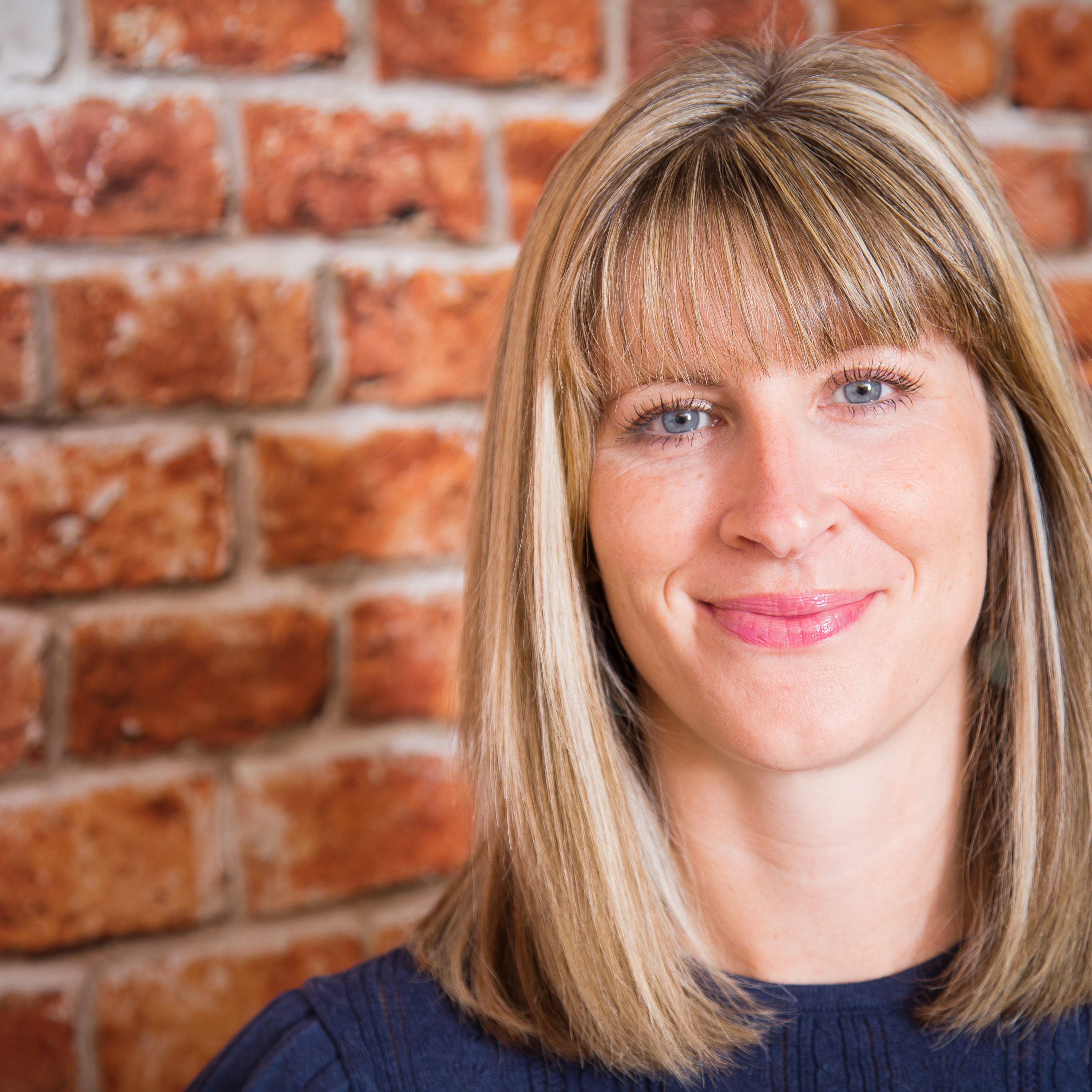
Dr Leanne Johnson – Head of Clinical Quality Assurance
Leanne obtained her BSc in Psychology from the University of Liverpool and then worked as a Residential Educator in a specialist school before completing her Post Graduate Certificate in Education at Warwick University and working as a Special Needs Teacher. She went on to gained experience as an Assistant Psychologist within an inpatient unit for women who had experienced complex and developmental trauma.
Leanne has worked with individuals with complex and developmental trauma within NHS services and various residential settings, education settings and within fostering and adoption services. Leanne is passionate about supporting those working with young people in their recovery of trauma, in particular with care experienced young people.
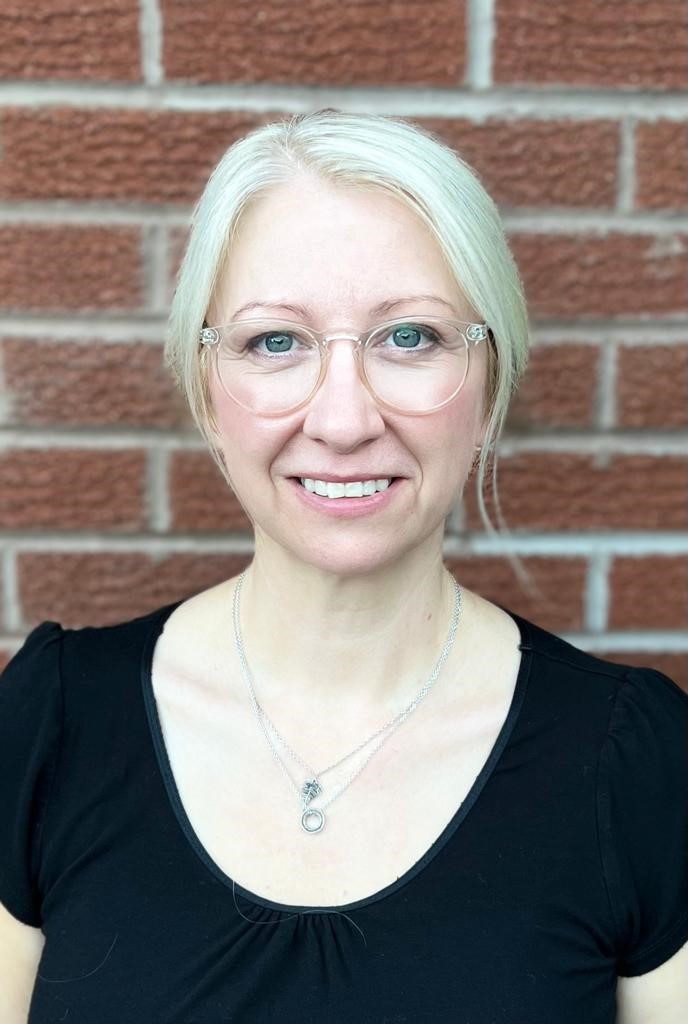
Dr Helen Hughes – Clinical Director
Dr Helen Hughes is a Consultant Clinical Psychologist and the Head of Clinical Operations in the South. After completing her Undergraduate and Master’s degrees in Manchester in the mid 1990’s, Helen worked as a Support Worker in Gloucestershire supporting people who had an Intellectual Disability. Following her first Assistant Psychologist post Helen went on to complete her Clinical Doctorate at the Universities of Coventry and Warwick. Once qualified, Helen worked in a variety of inpatient, community and diagnostic services across the Midlands and South West before joining the Outcomes First Group in 2014. Helen is passionate about developing inclusive and empowering clinical services with robust governance processes.
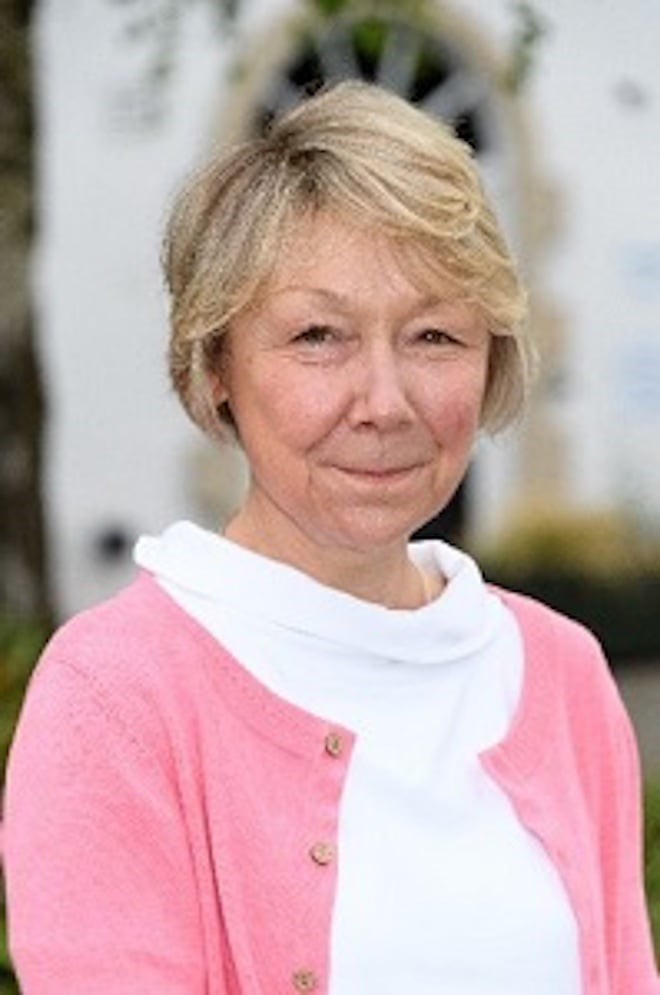
Lucy Shortt – Head of Speech and Language Therapy
Lucy is a highly experienced speech and language therapist with over 30 years of clinical experience. She has been an integral part of the Outcomes First Group since 2016, supporting both children and adults with complex needs. Lucy prioritises empowering individuals’ support networks to ensure consistent and high-quality approaches are used.
She’s excited to work with all speech and language therapists in the Group, as OFG is committed to wellbeing and clinically led strategies like AAD, TIP and Wellbeing.
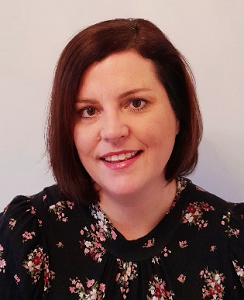
Shirley Tudor – Head of Occupational Therapy
Shirley is our new Head of Occupational Therapy! She has over 21 years of clinical experience in various settings in South Africa. Shirley has a master’s degree in advancing practice, with a focus on paediatric occupational therapy, learning disabilities and sensory integration. She’s an advanced sensory integration practitioner with a particular interest in autism-related sensory differences. Shirley is passionate about clinical supervision and developing the occupational therapy profession. She’ll be developing OFG’s occupational therapy provision and promoting best practices to support our clients.
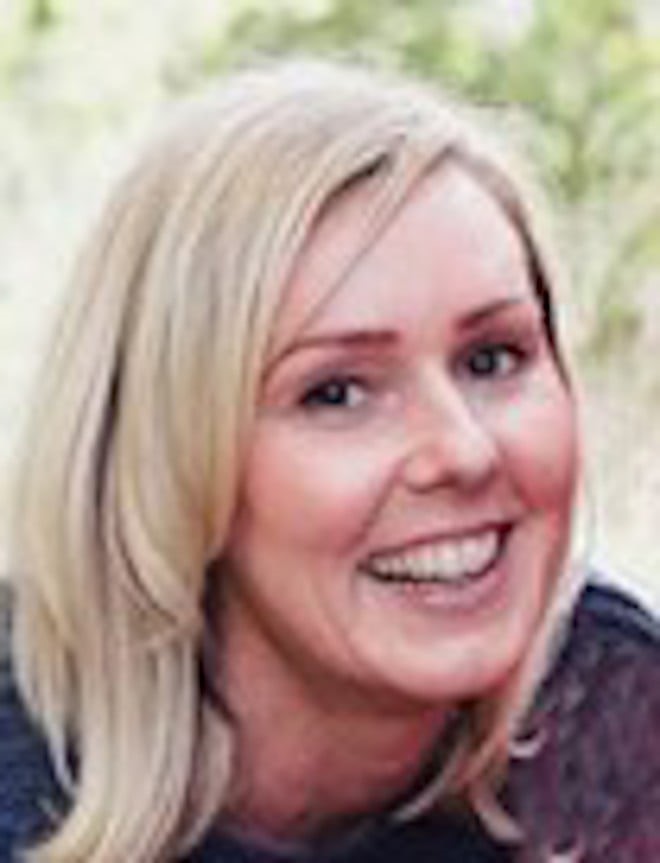
Dr Katie Caddick-Eardley – Head of Psychological Practice
Katie started as a teacher, but later became an Educational Psychologist specialising in social, emotional and mental health development. Since 2012, she has been Senior Educational Psychologist at OFG and a Wellbeing and Clinical Locality Lead since 2020. She is excited to bring her experience to her new role as Head of Psychological Practice.
Trauma Informed Practice
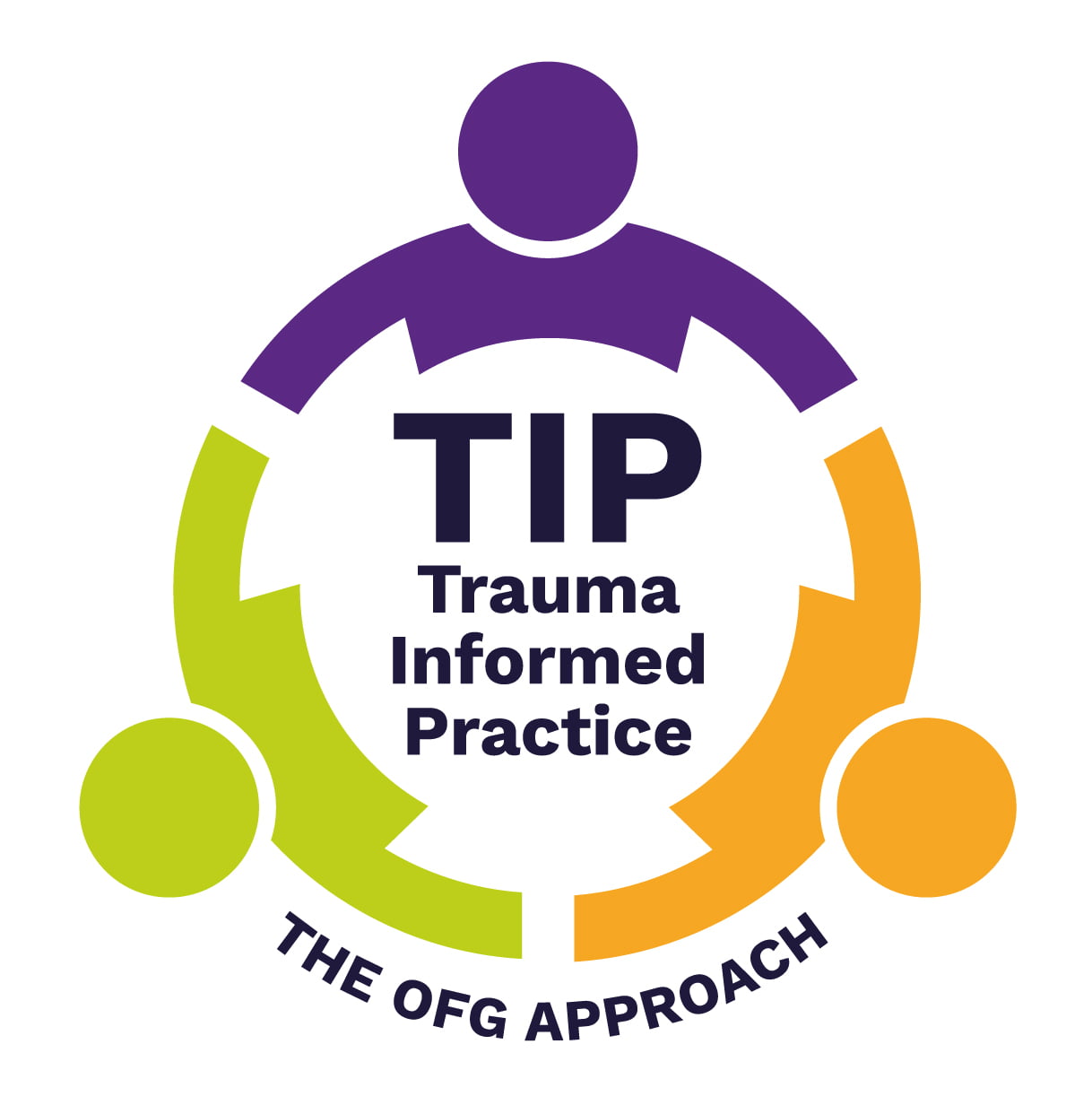
Our Trauma-Informed Practice strategy acknowledges the impact of trauma—particularly educational trauma—and focuses on healing through consistent, relational support. TIP enhances both outcomes for young people and the well-being of the teams who support them.
Our approach is centred around the 3 C’s: Connect, Co-Regulate, Co-Reflect. This structured model helps colleagues understand how early experiences shape internal worlds and survival behaviours. By prioritising relationships first, we can meet underlying needs thoughtfully and compassionately, rather than reacting to behaviour in isolation.
TIP creates a shared language and consistent framework for teams, fostering safety, trust, and long-term resilience for young people.
Find out moreNeurodiversity Strategy: Ask Accept Develop

Our AAD strategy supports autistic young people by recognising their uniqueness and valuing their contributions. It moves away from a deficit model and towards breaking down barriers and building the skills that matter most to each individual.
We teach in ways that affirm identity, reduce stress, and create inclusive learning environments that truly meet the needs of every learner.
Both strategies are grounded in research and are evidence informed ways of working with individuals.
Find out moreParents, Carers, and Families
We understand the crucial role families play. We support parents and carers with empathy, recognising that many have faced emotional or traumatic journeys to reach this point. We aim to work in true partnership—valuing every voice, encouraging open communication, and fostering strong collaboration to achieve the best outcomes for each child.
Driving Innovation Through Research and Development and Practice and Standards
To ensure we remain at the forefront of best practice, we’ve established a dedicated Research, Innovation, and Development Board. Chaired by Professor Barry Carpenter and supported by renowned experts including Professor Francesca Happé and Professor Mary-Louise Hemmeter, the board oversees inquiry projects and promotes evidence-informed practice across education and clinical services.
We also have a dedicated Practice and Standards Team across all professional clinical disciplines, e.g. OT, SaLT and Psychological Practice. Our Clinical Governance processes ensure quality assurance and continuous improvement alongside Clinical Operations.
This work ensures our strategies remain dynamic, responsive, and grounded in what works best for young people.
On-Site Clinical Teams
Our multidisciplinary clinical teams include Psychologists, Speech and Language Therapists, Occupational Therapists, Psychotherapists, Therapy Assistants, and Assistant Psychologists. Led by Clinical Directors and supported by Regional Clinical Leads, our teams work seamlessly with education colleagues to provide integrated care.
We conduct standardised assessments and create individualised plans and tools such as communication profiles, sensory overviews, and Understanding Me documents, ensuring each young person receives tailored support. We monitor progress using clinical outcome measures.
Clinical Pyramid
Our Clinical Pyramid model ensures young people receive the right level of clinical support at the right time. It provides a graduated framework of therapeutic support that adapts to each individual’s strengths, needs, and traits. This enables truly personalised, coordinated, and impactful support across our services. The Pyramid focuses on ensuring the everyday environment is the most impactful for individuals to help them thrive and progress towards achieving their potential. Some individuals may receive group interventions and some may receive individual for a specified period of time.